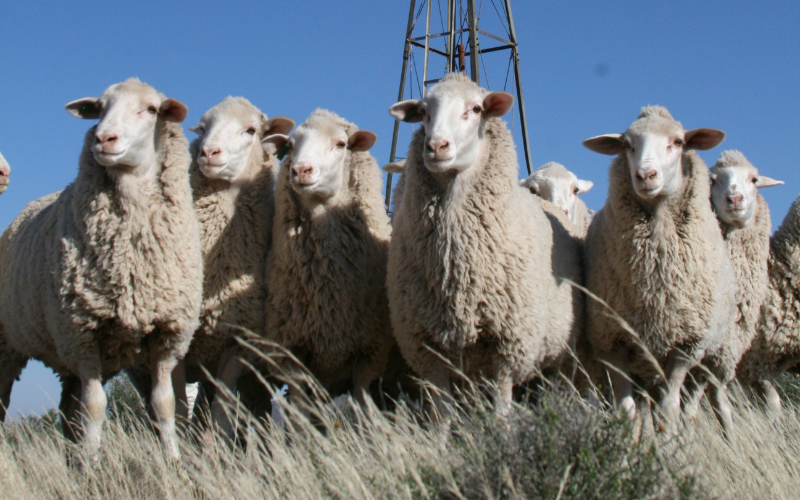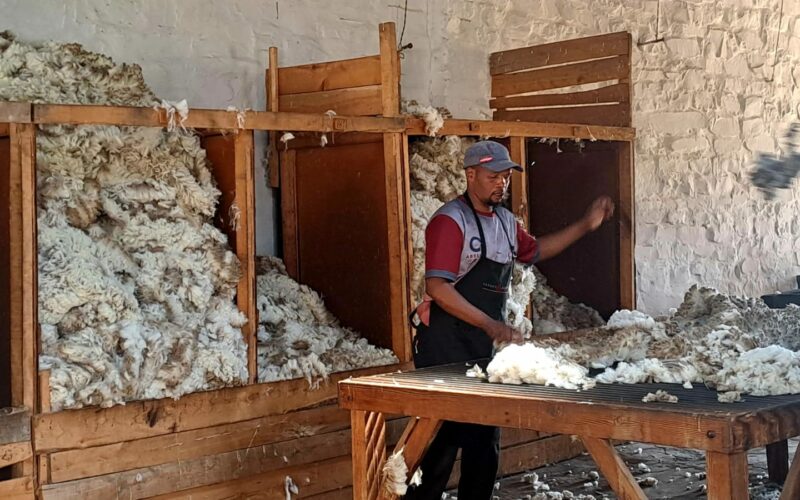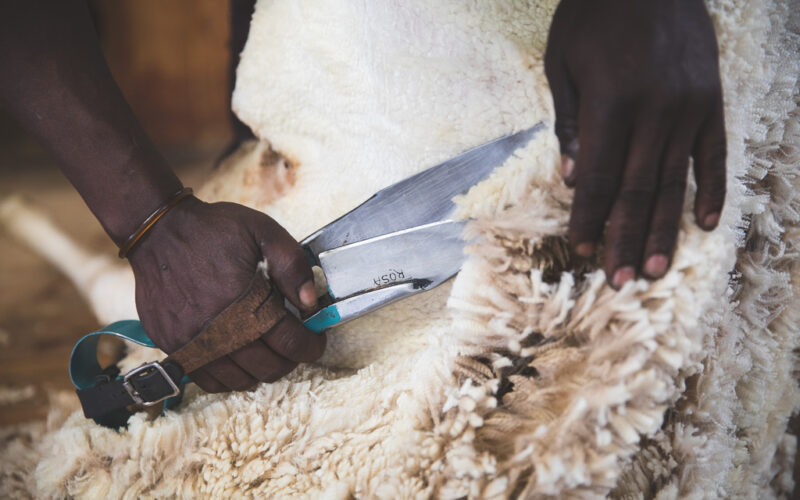Processing raw wool is a long and painstaking process. From shearing and scouring to carding and combing, natural wool is processed into a noble material that can be turned into a wide range of products.
At Segard Masurel, once the wool has been processed, we offer you two types of by-products: burrs, considered to be ‘carding waste and noils “combing waste”, from conventional wools to certified Abelusi-labelled wools.
But what are burrs and noils and what are these two by-products of wool processing used for?
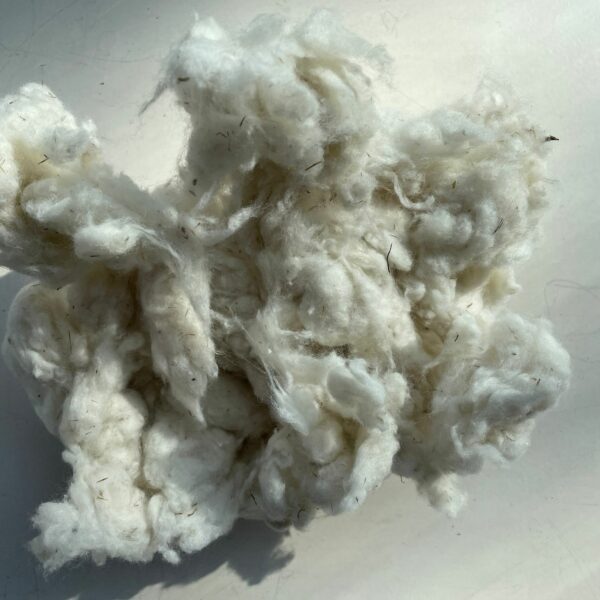
Noils
Noils are obtained during the combing stage, which prepares the wool for spinning. This stage involves passing the wool fibres through fine parallel combs, not only to complete the carding process but also to keep only fibres of the same length. The aim? To obtain a strong, fine yarn.
Noils are considered to be “waste” from combing, as they are fibres that are too short and have been intercepted by the combs. They are therefore set aside because they cannot be used to make combed sliver.
Noils may contain a little vegetable matter, but much less than in card waste, another by-product of wool processing.
The noils obtained during the combing of wool fibres can be used in carded spinning, for example. This process often uses blends of wools or materials, chosen according to the desired end use. Carded wool can also be used to make slippers or military blankets, for example.
Burrs
Burrs are also considered ‘waste’ or by-products of woollen process.
The carding stage involves untangling the tangled wool fibres and removing the vegetable matter still present after the crucial scouring stage. Carding breaks up the knots and lumps of wool, then aligns the fibres parallel to each other. As a result, the card waste obtained after this stage is made up of both plant matter and tangled wool fibres. However, it is possible to extract the wool by carbonising.
Although burrs have little value because the wool yield is low and the fibres are short, they can be used in many ways.
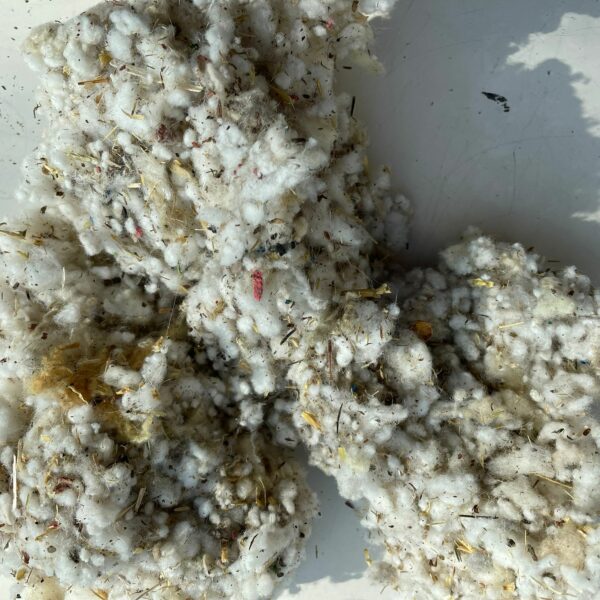
Although nearly 80% of wool is exported to China as it is a versatile and noble natural product. Even the by-products of combing, such as “Noils” and “Burrs”, considered as “waste”, can be recycled and used.
Interested in one of these products? Contact us!


